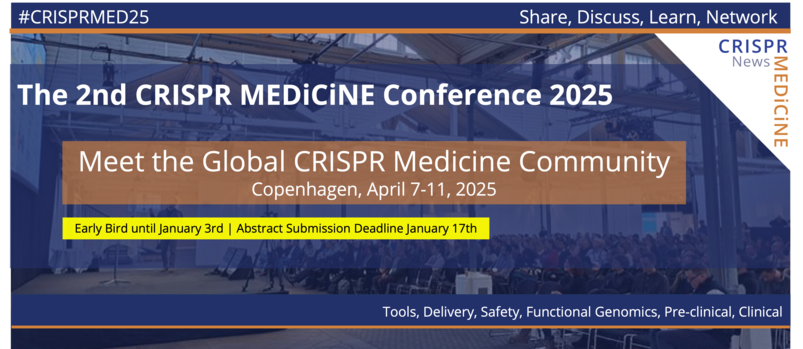Precision Gene Silencing with CRISPRδ
The novelty of CRISPRδ lies in its approach to gene silencing: rather than degrading the target RNA, it prevents translation by creating a steric hindrance for the ribosomes. This method was found to be a sensitive means for controlling gene expression, mimicking natural regulatory mechanisms without the collateral activity and toxicity associated with conventional Cas13 use.
The researchers employed deactivated Cas13 (dCas13) combined with guide RNAs (gRNAs) targeting the start codons of specific genes, such as CD46 and ANXA4, to block ribosomes physically and thus inhibit translation initiation in mammalian HEK293 cells.
Two strategies were explored to increase the gene silencing activity. First, multiple gRNAs targeting a single mRNA were used to increase the duration of the dCas13-mRNA association. Second, dCas13 was fused with a translational repressor. These enhancements improved the overall efficiency of translational repression.
Overall, the study confirms the potential of CRISPRδ as a highly specific tool for gene silencing through translational repression. It offers a promising alternative to existing gene-silencing methods with a reduced risk of off-target effects and collateral damage.
Yuichi Shichino and Shintaro Iwasaki led the study from RIKEN Cluster for Pioneering Research, Japan, and it was published yesterday in Nature Communications. You can read it here.
To get more of the CRISPR Medicine News delivered to your inbox, sign up to the free weekly CMN Newsletter here.
Tags
CLINICAL TRIALS
Sponsors:
CorrectSequence Therapeutics Co., Ltd







